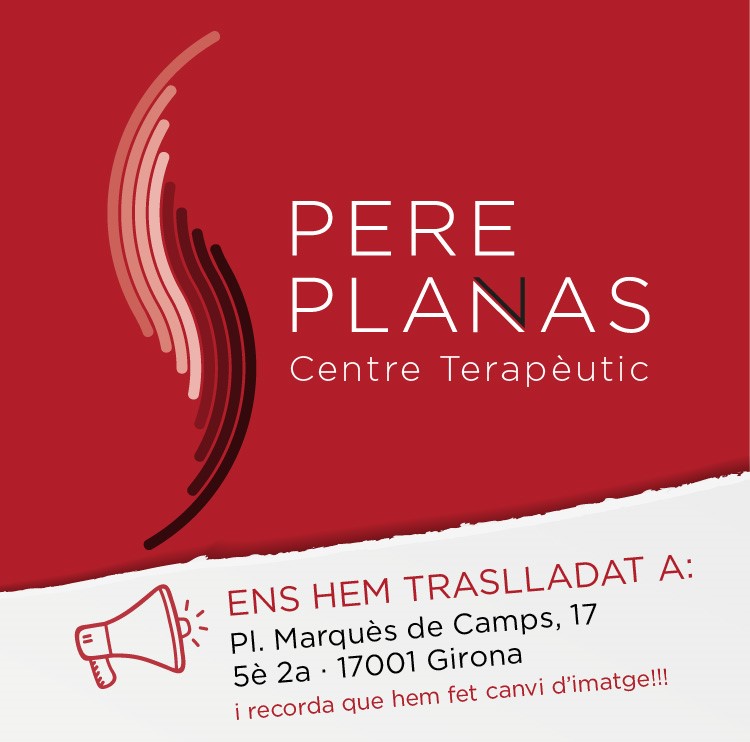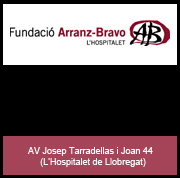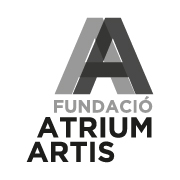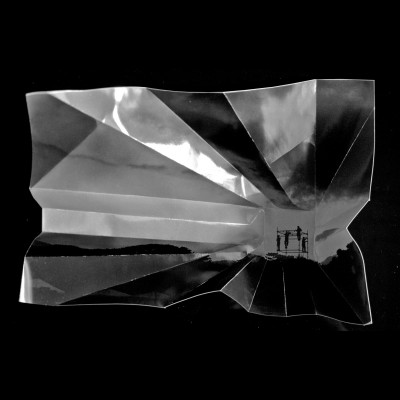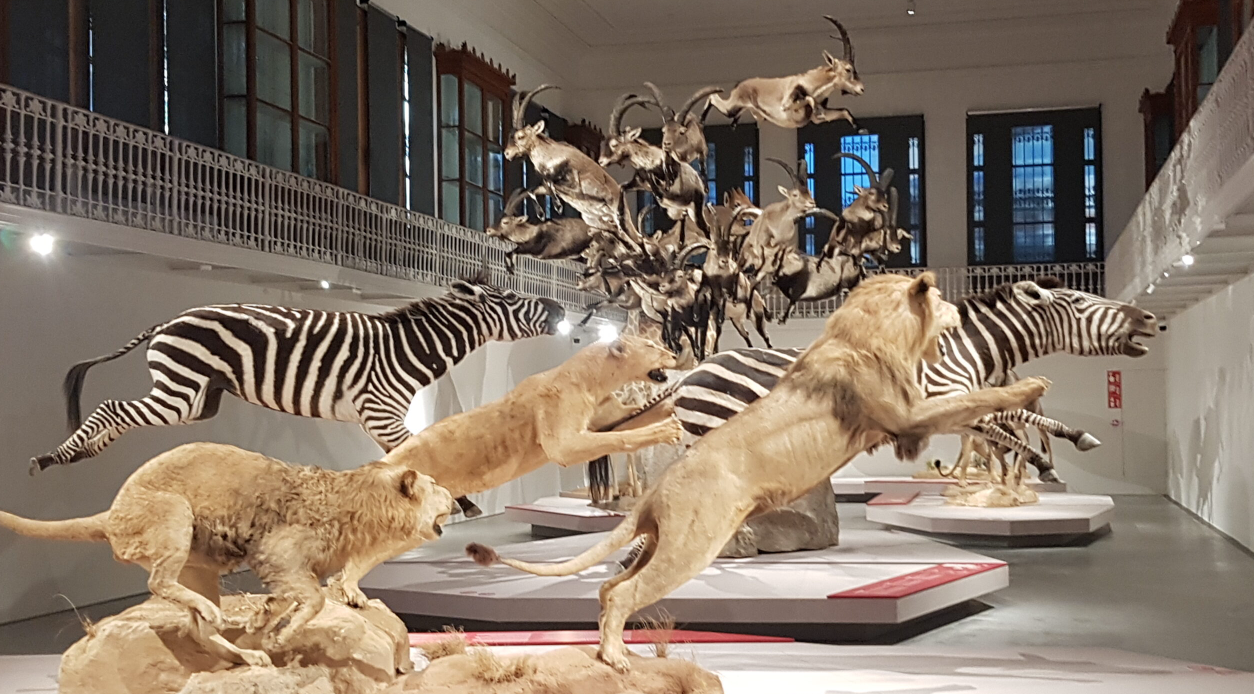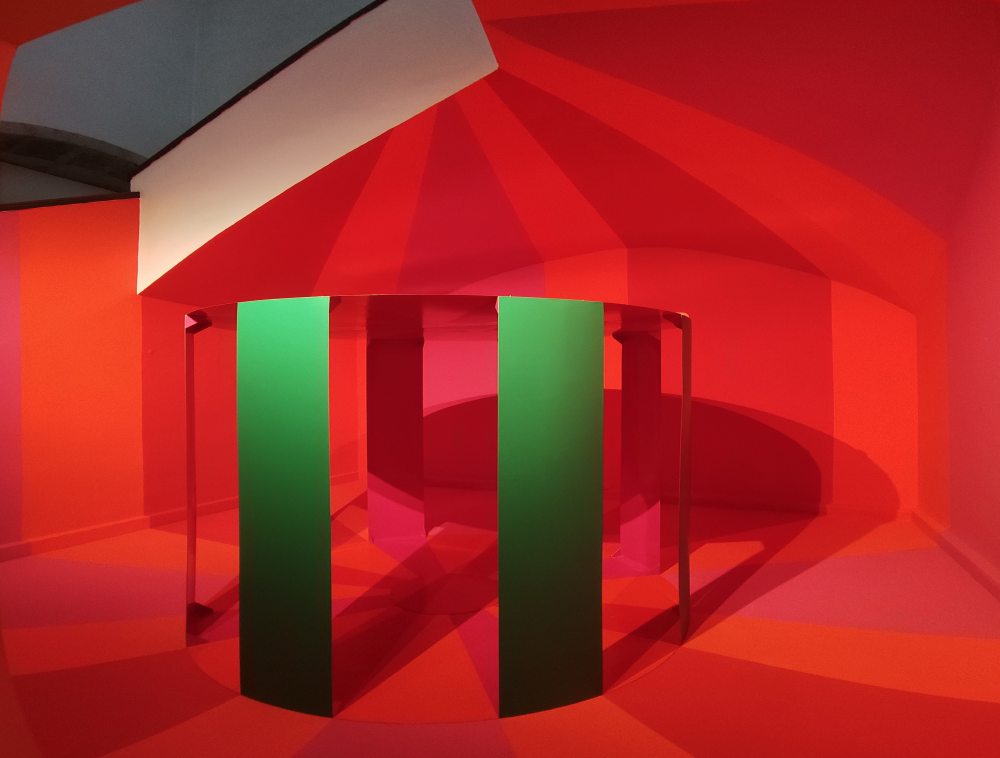Exhibitions
El Bòlit wonders how we relate to the air in 'Apories sobre l'aire'
The exhibition reflects on the air as a space of poetic-political struggle from a physical, nanometric and environmental point of view
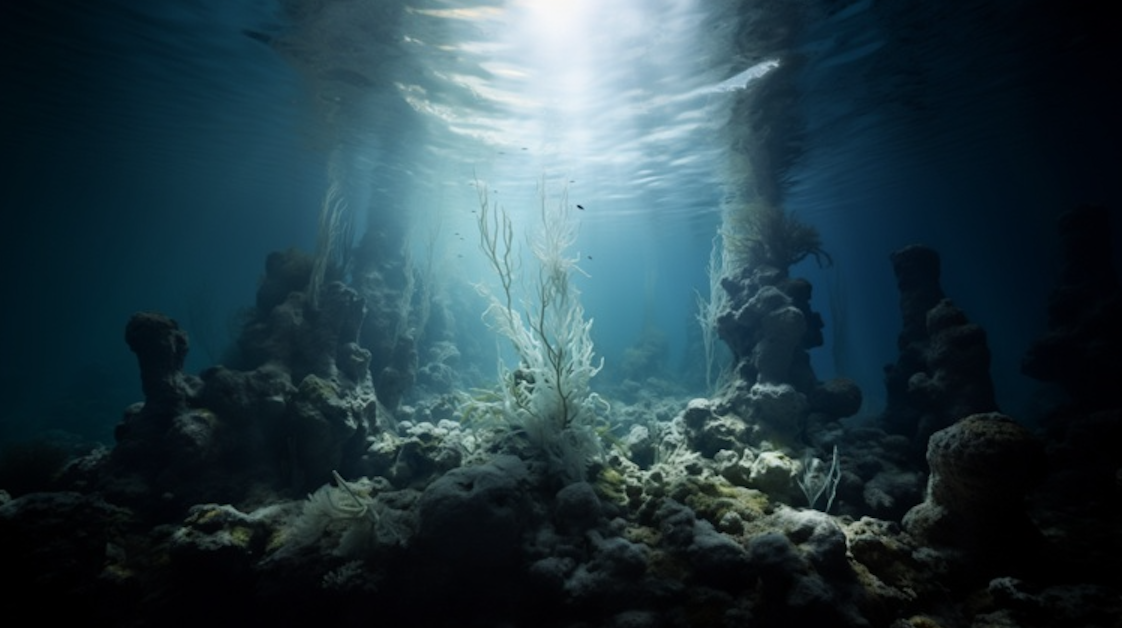
Bolit Contemporary Art Center opens on February 16, at 7 p.m. Apories on air, an exhibition on how we relate to air, both from an environmental, poetic and experimental point of view. Curated by Olga Subirós and Ingrid Guardiola, the exhibition brings together the works of Maria Arnal, Fito Conesa, Abelardo Gil-Fournier, Núria Merino, Job Ramos, Oriol Riverola (aka John Talabot), Mireia c. Saladrigues and Pep Vidal.
This exhibition and the accompanying public program invite us to think about the relationship we have with the air and the need to establish a change in a system that stops prioritizing the logic of the neoliberal economy over the health of people its inhabitants It also wants to contribute to the fruitful historical relationship between humans and the air, populated by ancient divinities and, centuries later, by machines that have allowed humans to travel, control or kill.
Air is the space of the "imagination of movement" (Gaston Bachelard), of dynamism, of life; as Lyall Watson says, with the wind the earth became truly alive; without wind, most of the earth would be uninhabitable. This basic element for survival on the planet has often been a space for dreaming, for creating myths. The dead went to heaven, freedom has always been associated with it. For centuries, looking at the sky allowed orientation, it was an axis mundi.
From the incorporation of aerial technology (aerial photography, aerostats...) at the end of the 19th century, the air becomes a space that allows you to obtain a privileged point of view over the territory and the individual takes the place of God that sees everything Air is also everything that we don't see and that is everywhere, acting as a means of conduction. Air keeps us alive. He who does not breathe, dies. Everything that is solid dissolves in air.
Given the scientific evidence that current air pollution in cities kills and that this public health crisis is interrelated with the climate crisis and the covid pandemic, this program invites us to think about the relationship we have with air and the need to establish a change in a system that prioritizes the logic of the neoliberal economy over the health of its inhabitants.
Appealing to the universal right to breathe, the exhibition also highlights the incidence of covid-19 in the consideration of air and in the relationship we have, both in the scientific field and as a citizen, with the particles that we don't see but that are part of our ecosystems. The exhibition can be visited until May 19.


